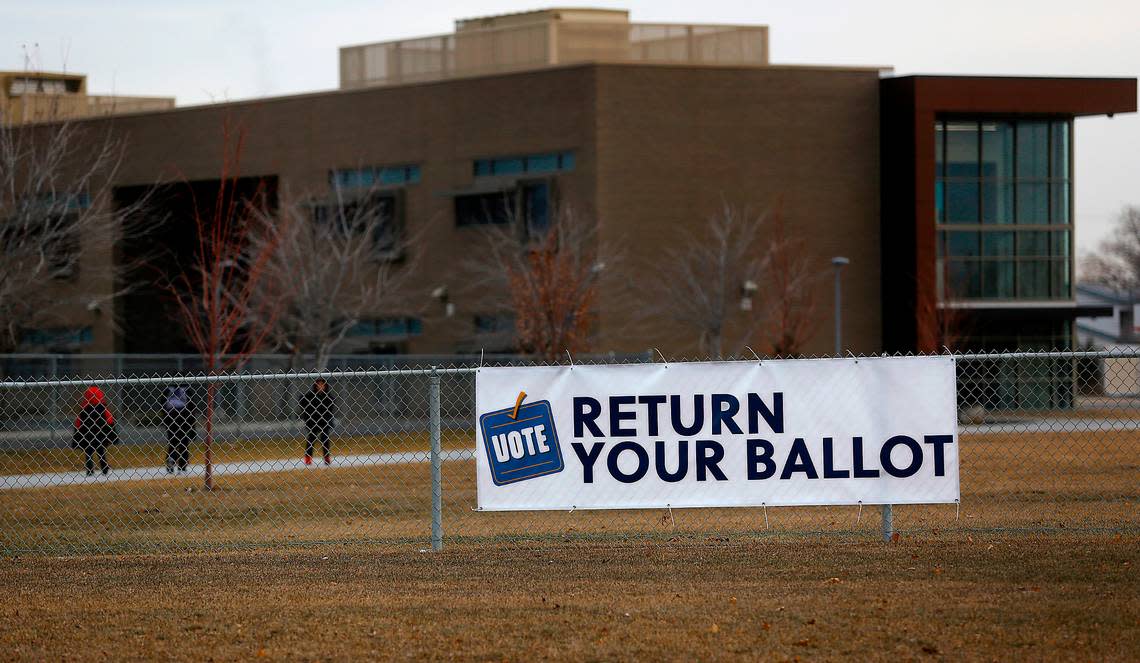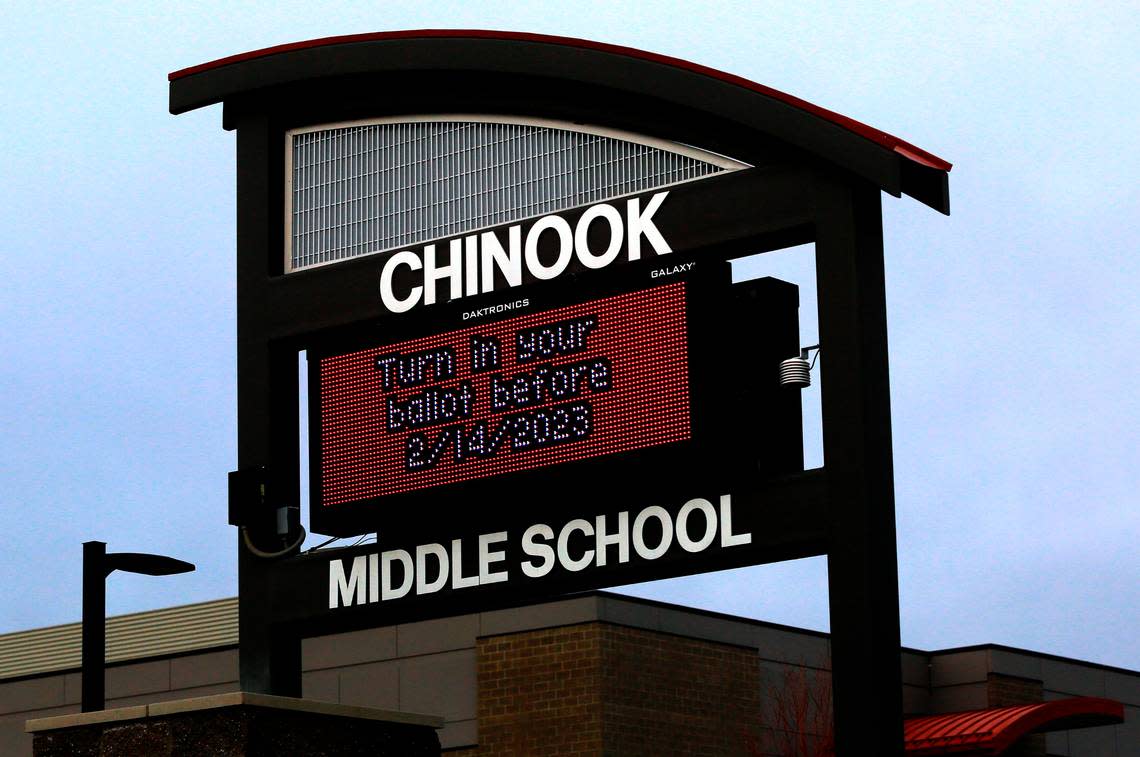Did Kennewick school levy ads violate WA election laws? 1 elected official thinks so
A state agency is looking into claims that the Kennewick School District broke state campaign laws and tried to influence the Feb. 14 special election.
The Washington Public Disclosure Commission (PDC) opened the case on Thursday after John Trumbo of Kennewick filed a public complaint. Trumbo, who serves on the Kennewick City Council, said he made the complaint as a private citizen.
Kennewick School District earlier this month ran a public levy tax on the ballot to fund educational programs and building operations. It passed with 56% approval, ensuring the school district would receive $38 million annually in local and state dollars.
In his complaint, Trumbo alleges that informational materials, including handouts, fliers, digital advertisements and mailers, sent out by the Kennewick Citizen Levy and Bond Committee and school district failed to include sponsorship identification.
He also alleges that the materials blurred the line between being purely informational and outright campaign material, and that they were “intentionally designed” to influence a “yes” vote on the levy.
State law prohibits school boards and school districts from preparing and distributing “information to the general public for the purpose of influencing the outcomes of a school district election.”
“It looks to me like the intent of what the district did was more than just providing information,” Trumbo told the Tri-City Herald. “It was information, plus a call to vote — That is to have an influence on the results of the election. And my interpretation of the RCW is that this is not allowed.”

The Public Disclosure Commission notified the district of the filing on Friday, said Robyn Chastain, the school district’s executive director of communications and public relations.
“The district will be reviewing the contents of the complaint and will be working to prepare a response back to the PDC,” she said in an emailed statement to the Herald.
Trumbo claims they violated that law again when they paid the Tri-Cities Regional Chamber of Commerce for a $50 advertisement to be included in a Feb. 3 email to members. He believes the email — which says in bold letters, “Their educational future is in your hands. Vote by Feb. 14” — may violate state laws on influencing elections.
He also raises questions about the use of school resource officers and school-age children in the campaign materials.
And he claims “Return Your Ballot” banners on school campuses posted on fences along roadways were actually “for the purpose of encouraging passersby to vote favorably on the measure” and were not informational in nature.

None of the school districts materials Trumbo included as part of evidence in his complaint appear to explicitly include language encouraging voters and parents to vote “yes” on the Feb. 14 levy.
But Trumbo said that even the school district advocating for more people to vote — regardless of whether they vote in favor or against the measure — remains an effort to influence the results of the election.
“This is an attempt to influence the outcome of the election, and anyone who says otherwise is parsing words,” he said.

This is not the first time in recent memory that allegations of campaign violations have been levied against Kennewick.
Most recently, in 2017, local government activist Roger Lenk submitted a complaint to the PDC alleging that the three Tri-City school districts misused public funds and resources by supporting a joint campaign for the February 2018 levy, and tried to present only favorable facts in promotion of the levy.
The commission largely dropped the case after an investigation concluded that distributing favorable information about ballot propositions and failing to afford equal opportunity for opposing viewpoints didn’t violate state law.






